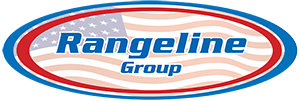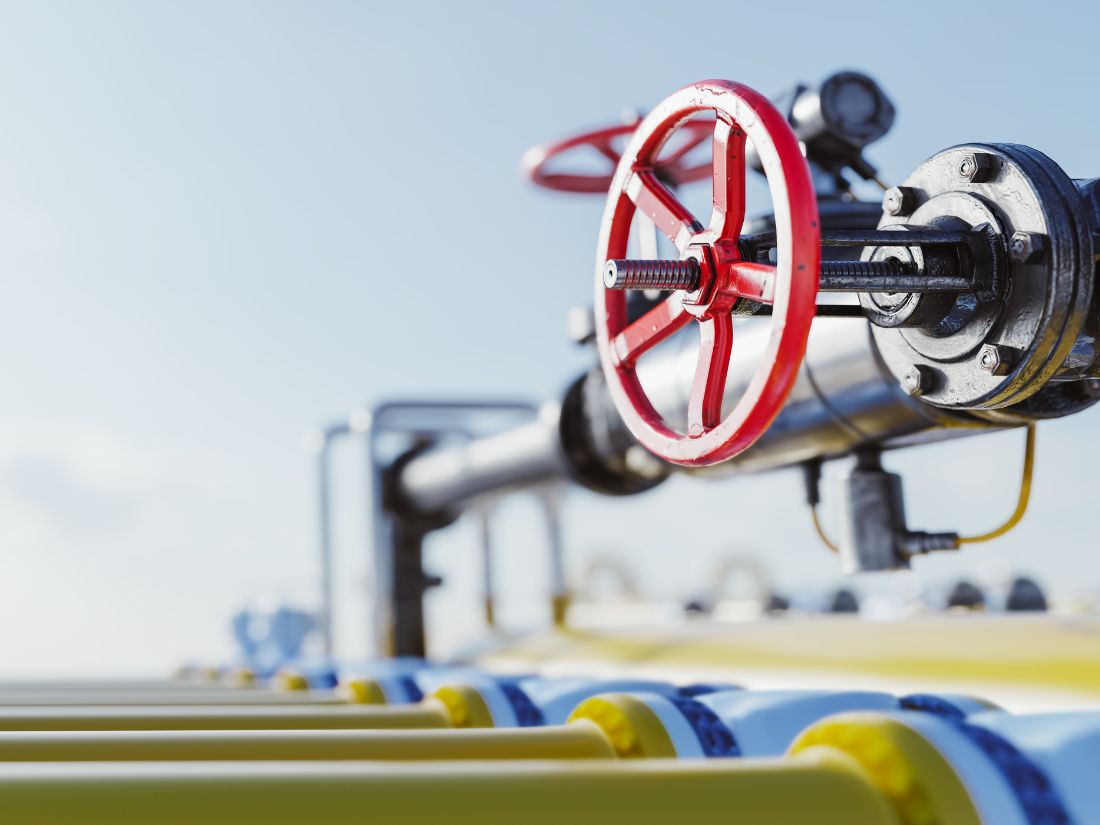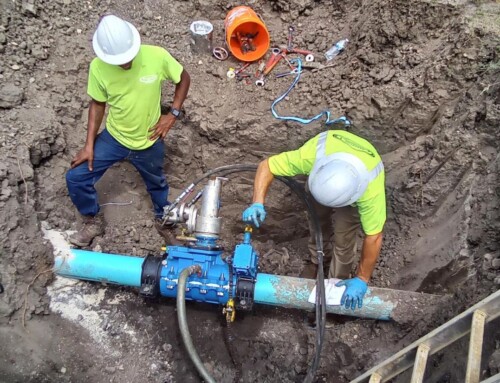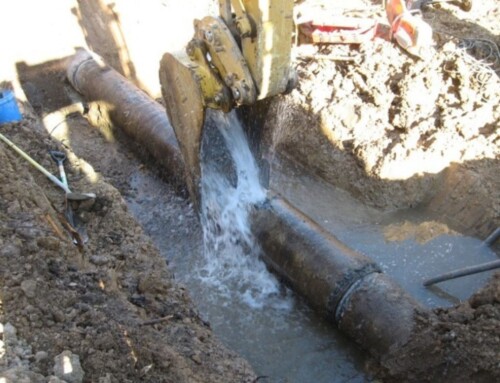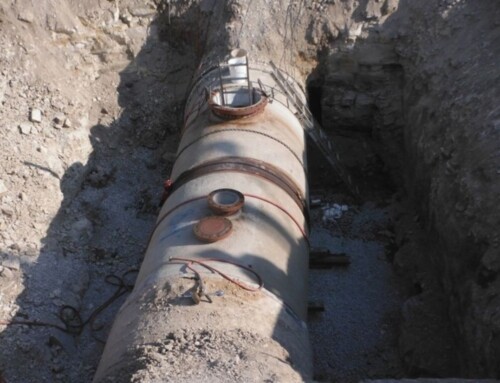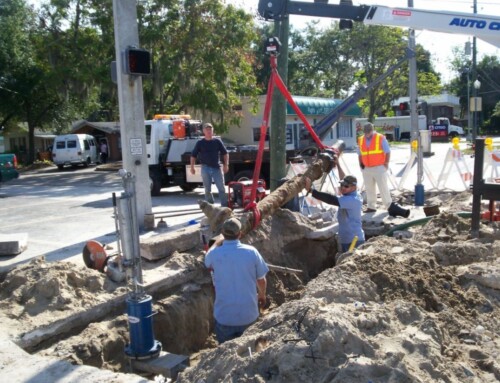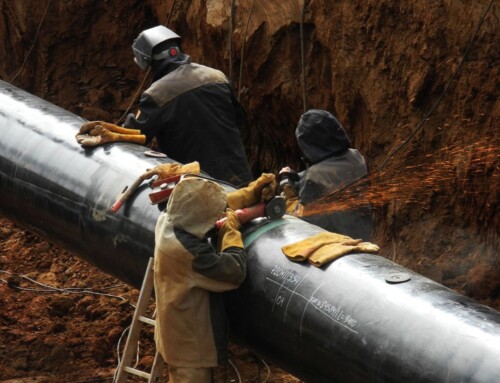When it comes to installing and maintaining industrial systems, understanding the various aspects of each system is crucial. One such area that doesn’t get much attention is the pipeline. In order to better understand them, though, you first need to recognize that there are many different types of industrial pipelines that each system could use.
This article will explore each category of pipelines used in industrial applications, highlighting their unique features, benefits, and use cases. In the end, this will help you better identify the best pipeline solutions for your specific needs.
Steel Pipelines
Steel pipelines are widely used in various industries due to their durability, strength, and resistance to corrosion. Made from either carbon or stainless steel, these pipelines can handle high pressures and temperatures, making them suitable for transporting liquids and gases over long distances. Their resilience to both mechanical and chemical wear ensures a long service life, contributing to lower maintenance costs and minimal disruptions.
Applications of Steel Pipelines
- Oil and gas transportation
- Water supply networks
- Chemical processing plants
- Power generation facilities
Cast Iron Pipelines
Cast iron pipelines are primarily used in water and sewage systems due to their ability to withstand rust and corrosion. They are known for their robustness and long-lasting performance, particularly when reinforced with cement or epoxy lining. Cast iron pipelines are most suitable for underground installations where the pipeline must combat soil aggressiveness.
Applications of Cast Iron Pipelines
- Water distribution networks
- Sewage and wastewater systems
- Irrigation infrastructure
- Heating and cooling networks
Plastic Pipelines
Plastic pipelines, such as polyvinyl chloride (PVC), polyethylene (PE), and polypropylene (PP), offer a lightweight and cost-effective alternative to their metal counterparts. Their inherent corrosion resistance and flexibility make them a popular choice for a wide range of applications. These pipelines are easily installed and maintained, reducing the need for extensive pipeline services.
Applications of Plastic Pipelines
- Water supply systems
- Irrigation networks
- Chemical and processing plants
- Drainage and wastewater management
Fiberglass-Reinforced Plastic (FRP) Pipelines
Fiberglass-reinforced plastic (FRP) pipelines combine the benefits of both plastic and metal pipelines, providing enhanced durability and corrosion resistance. They are lightweight and flexible and can handle aggressive chemicals and high-pressure environments. FRP pipelines are frequently employed in industries with harsh operating conditions or special requirements.
Applications of FRP Pipelines
- Oil and gas production facilities
- Chemical processing plants
- Desalination and water treatment plants
- Geothermal energy systems
Concrete Pipelines
Concrete pipelines provide an eco-friendly, durable, and low-maintenance solution for various industrial applications. Their ability to handle large volumes and high flow rates makes them particularly suitable for water management systems. Concrete pipelines are also known for their ability to mitigate noise pollution and dampen vibrations.
Applications of Concrete Pipelines
- Stormwater drainage systems
- Hydroelectric power plants
- Cooling water networks
- Tunnel and shaft construction
By understanding the different types of industrial pipelines and their individual advantages, it becomes easier to select the most appropriate pipeline solution to meet your specific needs. Implementing a comprehensive maintenance plan for these pipelines ensures operational efficiency and safety in the long run. Be sure to consult with a reputable industrial pipeline services provider for professional advice and high-quality installation, maintenance, and repair services when needed.
